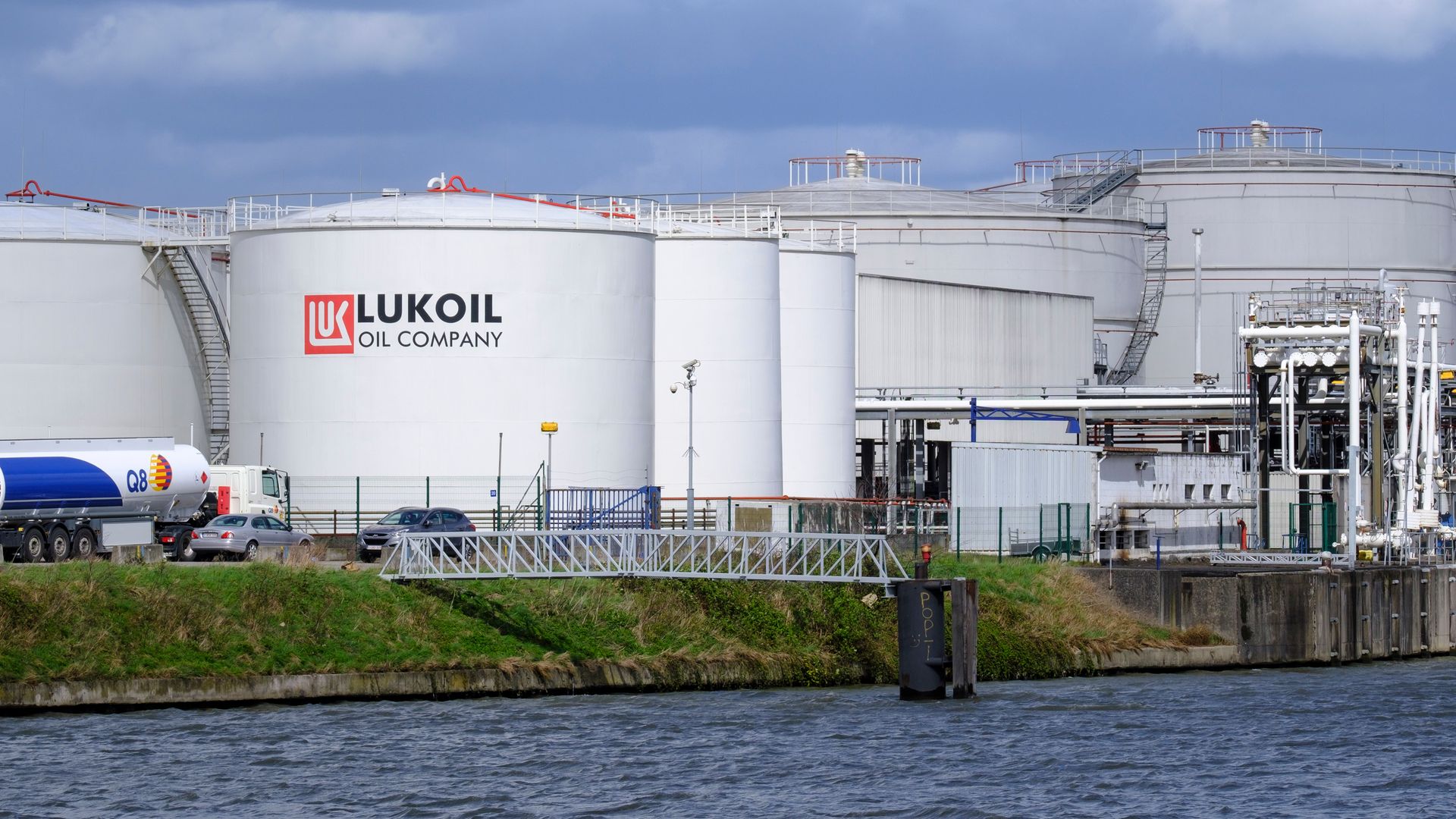Lego enters Russia through European intermediaries, despite Danish manufacturer's withdrawal from the Russian market

Lego toys, manufactured at a Czech factory of the Danish Lego Group, continue to flow to Russia through a Dutch trading company, according to an investigation by the Czech publication Page Not Found.
A giant Lego toy factory, which produces up to 40% of all products manufactured by the Danish company Lego, is based in the Czech city of Kladno. Unintentionally, the factory has become a significant source of Lego toy supplies to Russia without the manufacturer's consent.
Lego headquarters says it stopped supplying Lego products to Russia in March 2022, shortly after the Kremlin launched its full-scale invasion of Ukraine and came under a massive wave of Western sanctions and trade restrictions.
However, private trading companies registered in various countries continue to sell Lego toys to Russia. A significant volume of the Lego goods imported to Russia is branded Lego Production Kladno, according to Page Not Found, based on Russian customs records dating back to February 2025.
Among the companies involved in the illegal deliveries of Lego into Russia is the Dutch company HTS Europe BV, owned by Dutchman Weynand Gerins, who lives in the Russian capital, Moscow. According to Page Not Found, this company accounts for 15% of the total volume of Lego goods of Czech origin imported into Russia.
There are no longer any official Lego retail stores in Russia, but instead, the Russian retail group IRG has opened its own chain of stores called World of Cubes, which are unofficial Lego stores, with a similar colour palette and style.
The publication recalls that the Russian authorities have legalized the import of goods into Russia without the consent of a copyright holder. In June 2022, Russian President Vladimir Putin signed a law on so-called "parallel imports." This became Russia's legal basis for various schemes for importing sanctioned and restricted goods into the country.
As the Kyiv Independent’s investigations have revealed before, such schemes involving a chain of intermediary firms ensure not only the supply of consumer goods from Western manufacturers to Russia, but also critical imported components for Russian weapons.
Updated on Oct. 28: After this story was published, LEGO sent the Kyiv Independent the following comment:
“We are concerned about this flow of goods considering we stopped shipping LEGO products into Russia in March 2022. This is an issue we take seriously and are acting upon.
We have increased visibility and control over any potential resale activity, including adding a clause to customer contracts which forbids supplying to countries where there are sanctions or trade restrictions in place, including to Russia. We also carry out due diligence on new customers to ensure they have no ties to sanctioned countries.
We monitor our sales activity, and if a potential diversion to a sanctioned country is identified, engage with retailers and take measures to prevent this from happening.”












